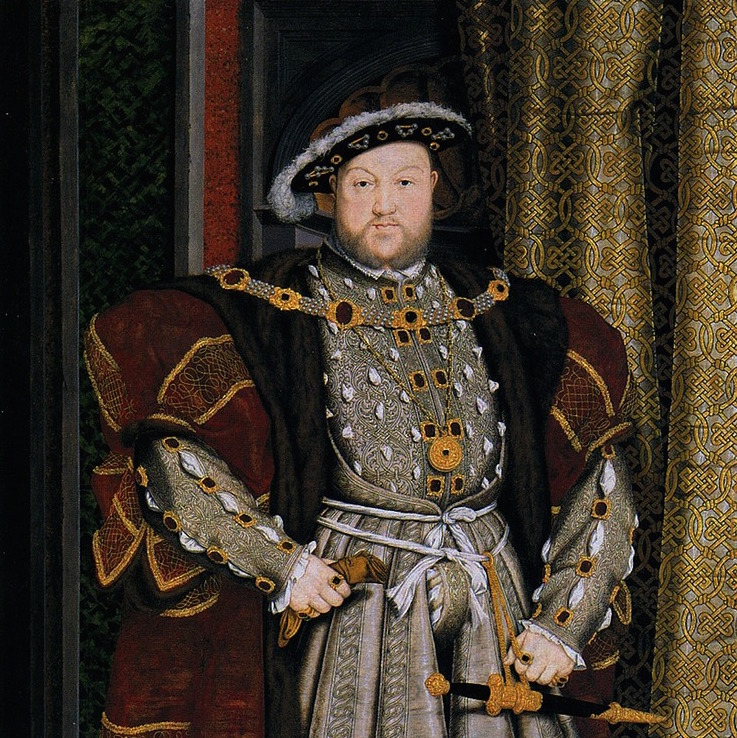A few days ago, Francis Beckwith asked the musical question: Where did all these Calvinists come from? It seems that Calvinism is gaining ground in Evangelical circles (usually under the name “Reformed Theology”), and some of the older members of that community have been wondering why. The article Beckwith links to gives a number of sources, and one of them takes me back to a bygone era.
The book in question is Desiring God, by John Piper. I first ran across this book fifteen or so years ago when an internet pen-pal named Rick sent me a copy and suggested that we read it together and discuss it via e-mail.
The book has an interesting point, and one which I think is simply true: our primary purpose here on this earth and in eternity is simply to enjoy God. That’s the purpose for which we’ve been made. I found the notion a little surprising at first, but I’ve come to see that it’s true. Mind you, there are a lot of implications and side-effects and consequences and complications; I’m tempted to say that the Divine is in the details.
So far so good; but there was a problem. As I was reading the book, I kept coming across statements that surprised me, statements where Piper was taking something for granted that was not at all obvious to me. I’d ask Rick about it, and he’d say, “Oh, yes, that’s basic Reformed Theology.” And I’d say, “It is? But that’s nuts!”
I’d like to give some examples, but I haven’t looked at the book since then; in fact, I don’t think I got passed the second or third chapter, because I found these troublesome points on every page.
The upshot was that over a couple of weeks I got an education in Reformed Theology…and found that I could not accept it as true, no way, no how. I understood what Rick was saying, but when it came to actually believing it, it was like my brain simply bounced off. I don’t mean to say that it was nonsensical; it all hung together perfectly well. But the axioms didn’t commend themselves to me, he said politely. Bounce, bounce, bounce.
Now, that was in the middle of my time as an Episcopalian; our then pastor was extremely Evangelical, and at the Calvinist end of the spectrum, so I was in prime territory to accept Reformed Theology lock, stock, and barrel. It would have been an easy thing, pragmatically speaking, given where I was in those days. But I couldn’t do it.
Looking back, I think that moment marks the midpoint of my arc away from and back to the Catholic Church. The Reformed crowd were the only devoted Protestant Christians I saw who really seemed to take theology seriously, seriously enough that their theology informed everything they wrote, seriously enough that they were consistent about it. And they loved Christ. That’s very attractive: but I couldn’t accept their theology. It was too small; it seemed to put Christ in a straitjacket.
I want to be very clear: I’m not making fun of Reformed Theology, or the Christians I know who favor it. It simply didn’t work for me.
And then, later on, when I started researching Catholicism I saw the same kind of consistency, the same seriousness about theology, but larger: I found a theology that expanded to take in the entire world, including me…and here I am.
So thanks, Rick! I’m truly grateful to you for caring enough to work through Reformed Theology with me; you helped me be where I am today.











